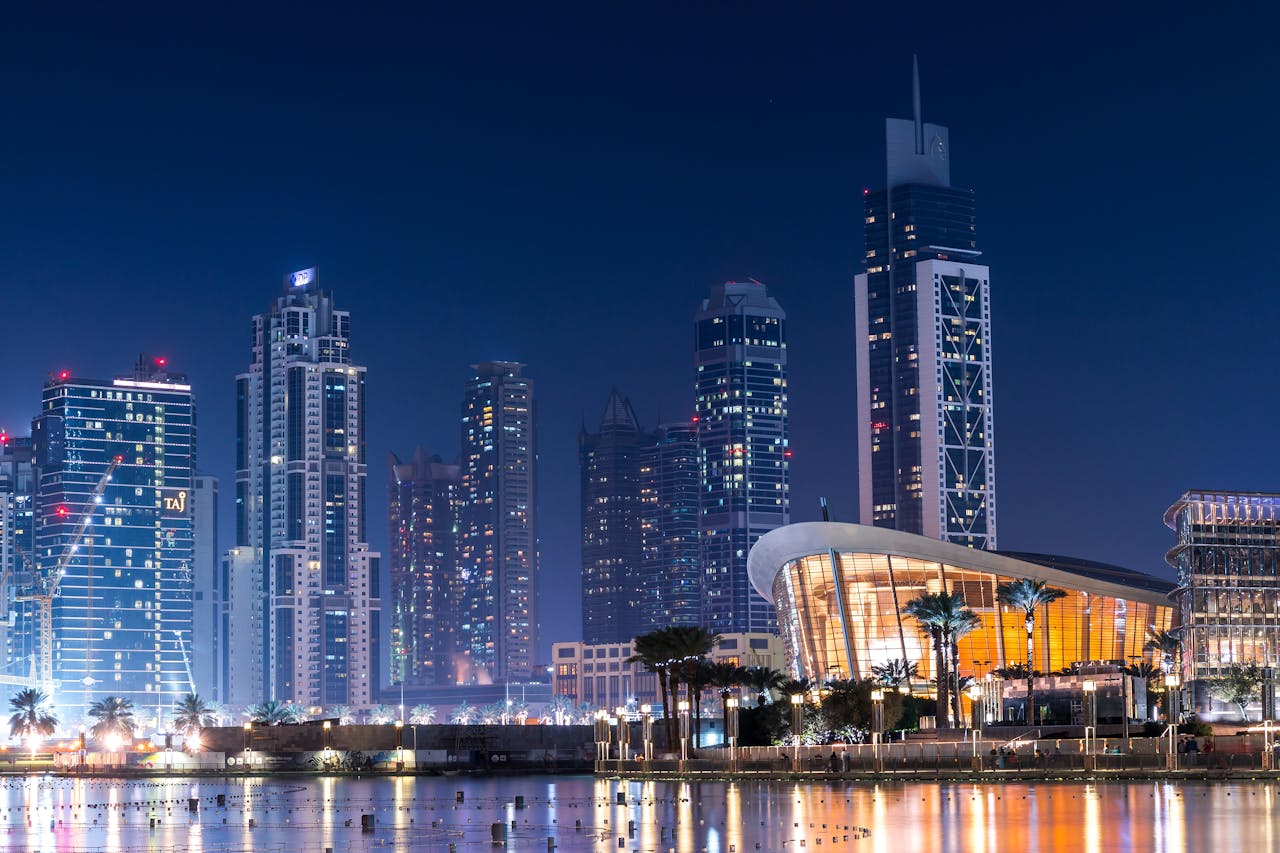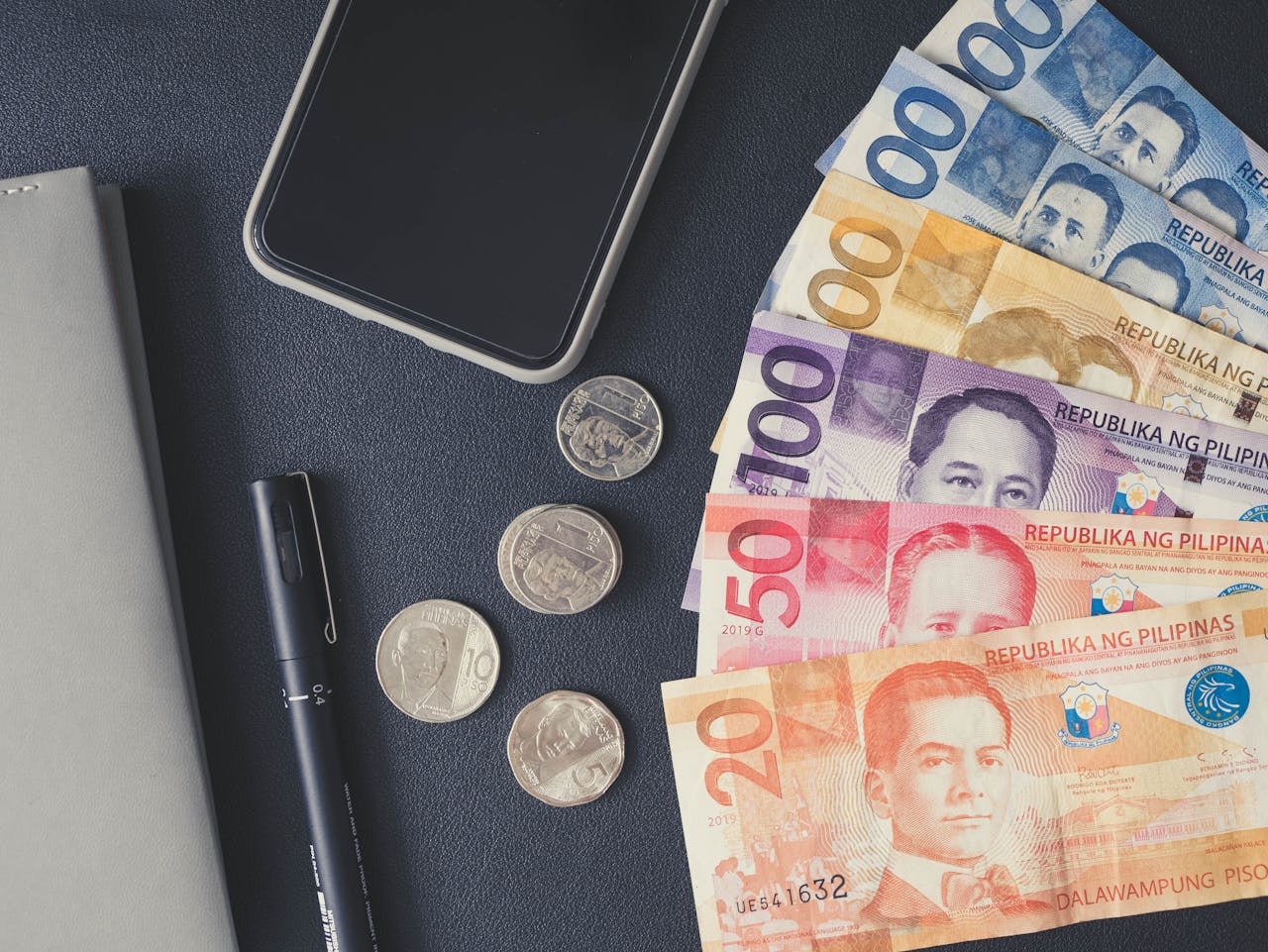
Dubai, the gleaming jewel of the United Arab Emirates, beckons Overseas Filipino Workers (OFWs) with promises of opportunity and prosperity. However, beneath the city’s shimmering skyline lies a nuanced financial landscape that demands careful consideration. For OFWs looking to make Dubai their home, understanding the intricacies of living expenses is not just prudent but essential for financial stability.
Monthly Budget Breakdown
| Expense Category | Description | Average Cost (AED) | Insights and Tips |
|---|---|---|---|
| Accommodation | Rent for a one-bedroom apartment in the city center | 4,000 – 8,000 | Consider areas like Dubai Marina for a bustling lifestyle, or Al Nahda for more budget-friendly options |
| Rent for a one-bedroom apartment outside the city | 3,000 – 6,000 | ||
| Rent for a three-bedroom apartment in the city center | 8,000 – 15,000 | ||
| Rent for a three-bedroom apartment outside the city | 6,000 – 10,000 | ||
| Food | Meal at an inexpensive restaurant | 30 | Explore local markets for fresh produce and budget-friendly finds |
| Three-course meal for two at a mid-range restaurant | 200 | ||
| Grocery shopping for one person (basic weekly list) | 300 – 500 | ||
| Transportation | Monthly public transport pass | 350 | Opt for public transport for daily commutes |
| Average taxi fare (shorter rides) | Varies | ||
| Utilities (DEWA) | Monthly electricity and water bill for one-bedroom apartment | 500 | Consider energy-efficient habits to save on utility costs |
| Communication | Mobile phone plan with data | 200 | Look for bundled packages for potential savings |
| High-speed internet for home | 300 – 500 | ||
| Health Insurance | Monthly premium for comprehensive health insurance | 500 – 1,500 | Prioritize health with suitable coverage options |
| Savings | Monthly savings (aim for at least 20% of income) | 1,000 – 2,000 | Automate savings for financial security |
| Monthly Remittance | Amount sent back home to support family (varies based on obligations) | 1,000 – 3,000 | Explore cost-effective remittance options for maximum value |
| Leisure/Hobbies | Budget for leisure activities and hobbies | 500 – 1,000 | Seek out free or low-cost activities to enjoy Dubai’s attractions |
Planning your finances as an OFW in Dubai requires a keen understanding of these expenses and how they fit into your budget. These average costs provide a starting point, but remember that individual circumstances and lifestyle choices will influence your actual expenditures.
Accommodation: Finding Your Space Dubai’s real estate market offers a range of options, each with its own price tag. Rent for a one-bedroom apartment in the city center can vary from AED 4,000 to AED 8,000 per month, with prices outside the city averaging between AED 3,000 to AED 6,000. For those with families or seeking more space, a three-bedroom apartment could cost anywhere from AED 8,000 to AED 15,000 within the city, and slightly less outside.
Consider areas like Dubai Marina for a bustling lifestyle, or Al Nahda for more budget-friendly options. Finding the right balance between location, amenities, and cost is key to securing comfortable accommodation that fits your budget.
Food: From Local Markets to Dining Out Dubai offers a diverse culinary landscape, accommodating every palate and budget. A meal at an inexpensive restaurant could set you back around AED 30, while a three-course meal for two at a mid-range restaurant averages around AED 200. For grocery shopping, a weekly basic list for one could range from AED 300 to AED 500, depending on dietary preferences and where you shop.
Exploring local markets for fresh produce and budget-friendly finds can significantly reduce your grocery expenses. Balancing dining out with home-cooked meals not only saves money but also allows you to experience Dubai’s rich culinary offerings.
Transportation: Navigating the City’s Networks Dubai’s public transport system, including buses and the metro, offers convenient options for getting around. A monthly pass for public transport costs approximately AED 350, making it an economical choice for daily commutes. Taxi fares vary but are generally affordable, particularly for shorter rides.
Opting for public transport not only saves money but also allows you to experience Dubai’s efficient and modern infrastructure. For those considering owning a car, factor in additional costs such as fuel, insurance, and maintenance.
Utilities (DEWA): Managing Essential Services The Dubai Electricity and Water Authority (DEWA) handles utility services, with the average monthly bill for a one-bedroom apartment hovering around AED 500. This includes electricity, water, and cooling services.
Consider adopting energy-efficient habits to save on utility costs. Simple steps such as using LED bulbs, regulating air conditioning usage, and being mindful of water consumption can contribute to significant savings over time.
Communication: Staying Connected Staying connected is essential, with a mobile phone plan with data averaging around AED 200 per month. High-speed internet for your home adds an additional cost of approximately AED 300 to AED 500 monthly.
Look for bundled packages that offer both mobile and home internet services for potential savings. Comparing plans from different providers can help you find the best value for your communication needs.
Health and Insurance: Prioritizing Well-Being Comprehensive health insurance is a necessity in Dubai, with plans ranging from AED 500 to AED 1,500 per month depending on coverage. This ensures access to quality healthcare facilities and services.
Prioritize your health by investing in a suitable insurance plan that aligns with your needs and budget. Regular health check-ups and preventive care can help you avoid unexpected medical expenses.
Savings and Remittances: Building Financial Security Setting aside a portion of your income for savings is crucial for long-term financial stability. Aim for at least 20%, which could amount to AED 1,000 to AED 2,000 per month, depending on your earnings. Many OFWs also send monthly remittances to support their families, with amounts varying based on responsibilities.
Automate your savings where possible, and explore cost-effective remittance options to maximize the value of your hard-earned money. Balancing financial obligations with saving for the future ensures a solid financial foundation.
Leisure and Lifestyle: Balancing Work and Play Dubai offers a plethora of leisure activities, from desert safaris to luxury shopping experiences. Budgeting around AED 500 to AED 1,000 per month for leisure and hobbies allows for indulgence without straining your finances.
Seek out free or low-cost activities, such as public beaches and parks, to enjoy Dubai’s attractions without breaking the bank. Finding the right balance between work and play is essential for a fulfilling lifestyle in this vibrant city.
Conclusion: Empowering Financial Independence
Planning your finances as an OFW in Dubai requires a keen understanding of these expenses and how they fit into your budget. These average costs provide a starting point, but remember that individual circumstances and lifestyle choices will influence your actual expenditures.
Use this guide to create a personalized budget that aligns with your financial goals, ensuring a successful and fulfilling experience in the vibrant city of Dubai. With careful planning and smart financial decisions, you can make the most of this opportunity and thrive in this dynamic environment. Dubai offers a world of possibilities for those who are financially savvy, and by taking control of your finances, you can pave the way to a bright and prosperous future.




